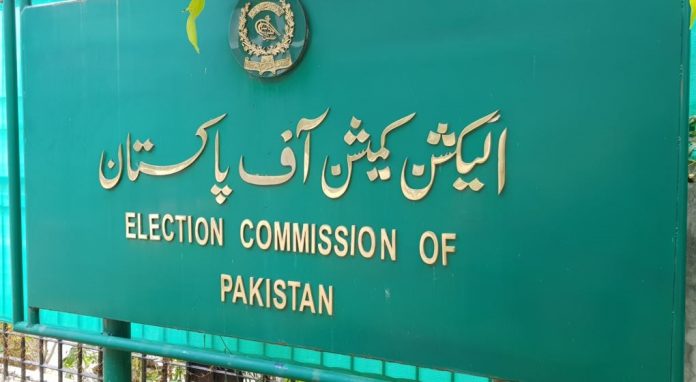
“It is a defining moment for Pakistan as the federal cabinet has approved eight laws of public interest,” Minister for Law and Justice Barrister Farogh Naseem said while addressing a press conference. He said the laws included ‘The Letters of Administration and Succession Certificates’, ‘The Enforcement of Women’s Property Rights Ordinance, 2019’, ‘The Benami Transaction (Prohibition) (Amendment) Ordinance, 2019’, ‘The Superior Courts (Courts Dress and Mode of Address) Order (Repeal) Ordinance, 2019’, ‘The National Accountability (Amendment) Ordinance, 2019’, ‘Legal Aid and Justice Authority Ordinance, 2019, and ordinances related to the Whistle Blower Act and amendments in the Civil Procedure Code (CPC).
He said the amendments in the CPC will ensure speedy and expeditious justice for masses who have been enduring year-long lawsuits in civil courts. As per the amendments, a two-tier system will be introduced in the civil courts under which one set of courts will hear main cases while other will handle interlocutory applications, including stay orders and other cases. He said the system involves a mechanism that will engage lawyers from across country for evidence recording through latest technologies. It will also ensure the quick service of legal instruments to the parties which took years in civil cases, he added.
By employing modern techniques, the minister said a feature for civil judges will be launched that will allow them to have spot inspection in a case. “We need cooperation from lawyers, judges and media to make the initiative a success story,” the minister added. The new system, he said will help minimize the number of adjournments in a case, besides timely appearance of witnesses and submission of evidences.
The amendments in the CPC will abolish the right of second appeal for aggrieved party. However the constitutional jurisdiction of the Supreme Court will remain intact, he added.
Farogh said succession certificate and letters of administrations will be issued within 15-20 days after implementation of ‘The Letter of Administration and Succession Certificates Ordinance, 2019′.
A Whistleblower Commission will be set up under “The Whistleblower Protection and Vigilance Commission Act’ to facilitate a mechanism for whistleblower information relating to corruption and protect him from disadvantageous measures. The law would enable the whistleblower to lodge a complaint in the Federal Investigation Agency, the National Accountability Bureau and other corruption watchdogs. The whistleblower’s name will be kept secret and he will be given up to 20 per cent of the recovered money as an award, he added.
He said the woman ombudsperson offices will be given police powers under ‘The Enforcement of Women’s Property Rights Ordinance 2019’ to ensure the women’s share in the inherited property. The ombudsperson, after its implementation, can also get the power to order transfer of property to a woman, he added.
Commenting on Rana Sanaullah’s case, the minister said the law ministry has moved a summary for appointment of new judge in the case of the Pakistan Muslim League-Nawaz leader. To a query, he said there are some structural flaws in the system which caused delay in the appointment of new judge.
He said the ministry is also working on a law for establishment of fast-track courts for overseas Pakistanis in the country that will ensure speedy trial of their cases.













